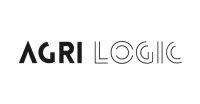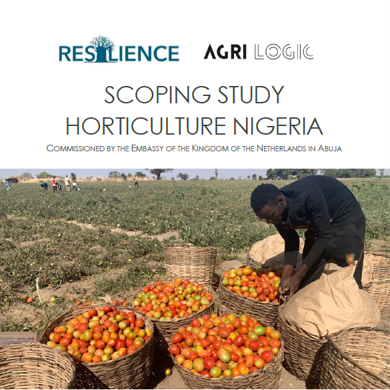In preparation for a post-covid world, support Nigerian companies in horticulture through business coaching in strategy finance, supply chain management and human resource management.

Expected Impact of Fertilizer Investment in Nigeria
For an international impact investor, Agri-Logic developed a point of view on the potential development impact of investment in fertilizer in Nigeria.
With 34,000,000 hectares of arable land, Nigeria has the potential to be an agricultural powerhouse. Despite this, farmers constantly struggle with low yields and low product quality and the country is still a large importer of food and food products. Current average application rate of fertilizer in Nigeria is estimated at 11 kg/ha while recommended fertilizer application rates are ~130 kg/ha. Increased fertilizer application rate could be of major advantage in improving production quality and quantity, thereby enabling sustained productivity growth. Other commercial opportunities could also be derived along the fertilizer value chain.
Agri-Logic estimated impact based on a representative basket of cassava, maize, and tomatoes; three major crops in Nigeria. A literature review on fertilizer application for these crops provided useful information on impact potential in production quantity and income as a direct result of increased fertilizer use at recommended application rate. Field surveys with farmers and other stakeholders gave an understanding of the reality of fertilizer application and factors affecting its use, prices and availability across the country.
The study provided an overview of the current fertilizer market in Nigeria, as well as its potential impact on yield, livelihoods and food security. The client was provided with an estimated impact on smallholder farmers’ income as well as food self-sufficiency for the population of Nigeria. We also indicated risks and success factors to be monitored in implementation.

Logistics and food losses perishable crops
The Netherlands has a policy to integrate Foreign Trade and Development Cooperation. Food security and rural development are a top priority in development cooperation. Market inefficiencies in logistics cause post-harvest losses of perishable products. Food waste negatively impacts both food security for local consumers, and the income of many smallholder producers.
Identifying and addressing market opportunities in logistics can improve these issues in food security and rural development. This also provides commercial opportunities for Dutch and local entrepreneurs in developing local markets and foreign trade.
As part of a global study, we mapped the value chains for tomatoes, capsicum and pineapples in Nigeria. Contextual interviews provided an understanding of the value chains, whereas data collection and surveys provided deeper insight into volumes and food losses, prices and value distribution.
The report was submitted to the Netherlands Embassy in Lagos, Nigeria for consolidation into the global study.
The study provided insight into food losses in fruit and vegetables (30-60% depending on the product), formal and informal import and export, investment needs in processing, and export quality requirements.
The report can be shared upon request.

